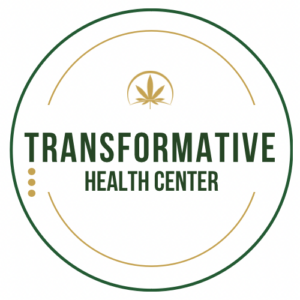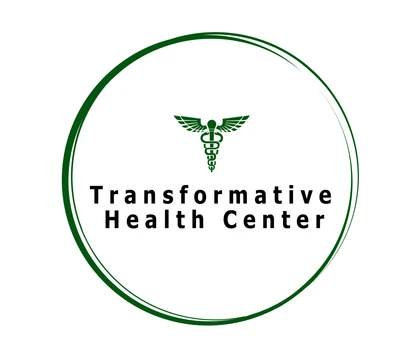Post Traumatic Stress Disorder (PTSD) got the nickname “battle fatigue” or “shell shock” when it was first discovered among war veterans. It manifests after witnessing terrifying and trauma-inducing incidents where they experience severe threats to life or physical or psychological harm. Adults who experienced abuse as children or have continuously been in dangerous situations stand a high chance of suffering from PTSD.
Approximately 3.6% of American adults (5.2 million) experience PTSD in a year. Approximately 7.8 million will develop it at a point in their adult lives. Thousands of people who find medication ineffective or dangerous have turned to medical marijuana for possible relief.
Symptoms of PTSD
PTSD comes with various symptoms such as
- Insomnia
- Low self-esteem
- Flashbacks
- Dissociative amnesia
- Paranoia
- Anxiety
- Nightmares
- Suicidal tendencies
Medical Marijuana For PTSD
Medical marijuana is legal in many of the United States. Federal law prohibits the use of Cannabis but allows it if it has less than 0.3% THC. Out of the hundreds of chemicals in a marijuana plant (cannabinoids), THC (Delta-9-tetrahydrocannabinol) and CBD (Cannabidiol) are the most significant ones used in medical marijuana.
Medical marijuana may potentially give support to people with PTSD. It may minimize the symptoms because CBD potentially counters effects such as anxiety triggered by THC.
Most PTSD patients consider medical marijuana as a potential supplement to ongoing therapy. Since Cannabis comes in different strains, specific strains may be helpful for PTSD symptoms. Some, like Indica, may impart a calming effect, while the Sativa strain has a possible energizing impact that could improve your mood.
Each PTSD case differs with the individual. Some of the symptoms that medical marijuana may help with include:
Insomnia
One of the most common PTSD symptoms is nightmares which lead to insomnia. Cannabis use may potentially facilitate better, more restful sleeping. The patient may rest and get to Stage 4 sleep and experience a reduction of REM sleep.
REM sleep is the dream stage. Medical marijuana has the potential to allow you to skip the dream stage and enter into a deep sleep which could equate to uninterrupted sleep. When you are more rested, your brain may be better equipped to process anxiety and panic. Indica strains may be best for insomnia for their potential calming effect.
Stress and Anxiety
PTSD can induce a lot of anxiety and stress. Medical marijuana may contribute to relaxation, and some people who take low doses of THC have claimed to show higher signs of reduced anxiety and fear in triggering situations in their own personal experience.
Here’s what Forbes had to say about a recent study on medical marijuana and PTSD, “The researchers found that cannabis could help. Low doses of the cannabinoid THC or THC combined with another cannabinoid CBD were both able to enhance the extinction rate for challenging memories – and reduce overall anxiety responses. From their study, it seems that THC drives the extinction rate improvements, while CBD can help alleviate potential side effects from higher doses of THC. The authors conclude that the current evidence from both healthy humans and PTSD patients suggests that these forms of cannabis “suppress anxiety and aversive memory expression without producing significant adverse effects.”
For some people who experience trauma, the worries may go away after about six months because of the learning process of extinction. New memories form and override older memories. For instance, an Iraqi war veteran who gets attacked with explosives under a bridge may be terrified each time he goes near bridges in the future.
For most people, months of passing under the same bridge with no trauma make them feel bridges are not as dangerous. As old memories become extinct, new ones accumulate. The old traumatic memories still linger, but they do not trigger fear when near a bridge.
For people with PTSD, extinction learning does not occur. The traumatic feelings attached to old traumatic experiences continue to cause issues.
Conclusion
Medical marijuana is legal in many states per state law but still illegal by federal law unless its THC levels are under 0.3%. Most people who have PTSD are survivors of traumatic experiences such as war veterans, child abuse survivors, etc. Medical marijuana may help to support insomnia, stress, anxiety, and other symptoms of PTSD.
Fill out the form below to talk about PTSD with the professionals at Transformative Health Center.
 Skip to content
Skip to content


